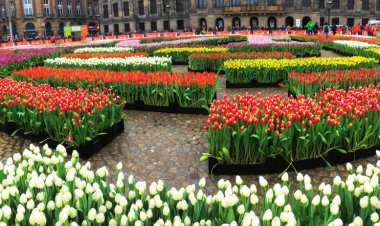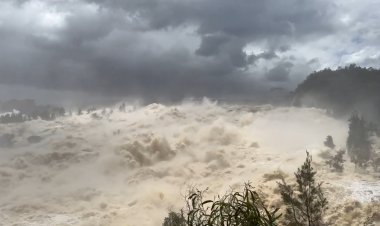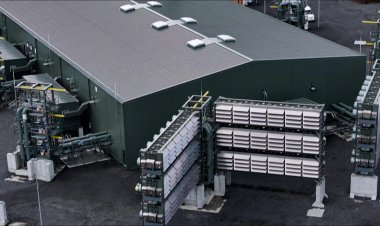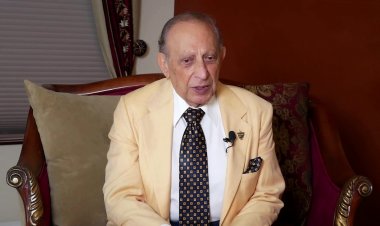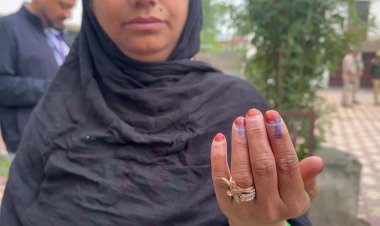Clashes as tens of thousands protest Covid rules in Belgium

Police fired water cannons and tear gas Sunday at stone-throwing protesters after tens of thousands of demonstrators marched through Brussels against Covid-19 rules.
Authorities estimated that around 50,000 people paraded through the Belgian capital -- the largest in a spate of protests in the city over the past months.
Clashes broke out close to the headquarters of the European Union as police used water cannons and tear gas to push back hundreds of protesters who hurled paving stones and firecrackers.
EU foreign policy chief Josep Borrell condemned the "senseless destruction and violence" after masked attackers smashed a glass entrance at the offices of the bloc's diplomatic service.
Officers were later forced to seek shelter in a metro station as they were pelted with metal barriers.
Police said that around 70 people were arrested, including a dozen for more serious offences including throwing projectiles and damaging property.
Three officers and 12 demonstrators were hospitalised, but none were in a life-threatening condition.
"Freedom of expression is one of the foundations of our society. Everyone is free to express their opinion," Belgium's Prime Minister Alexander De Croo said in a statement.
"But our society will never accept indiscriminate violence, and even less towards our police forces. Those involved this Sunday will be prosecuted."
Brussels City mayor Philippe Close tweeted that it had been a "difficult day".
"Nothing can justify the physical attacks of which the police have been victims," he wrote.
The protest came as the Omicron wave caused infections to reach record highs across Europe.
Protesters carried signs conslamming De Croo and the Covid Safe pass required for entry into numerous venues.
Organisers including the World Wide Demonstration for Freedom and Europeans United for Freedom had called for people to come from other EU states.

